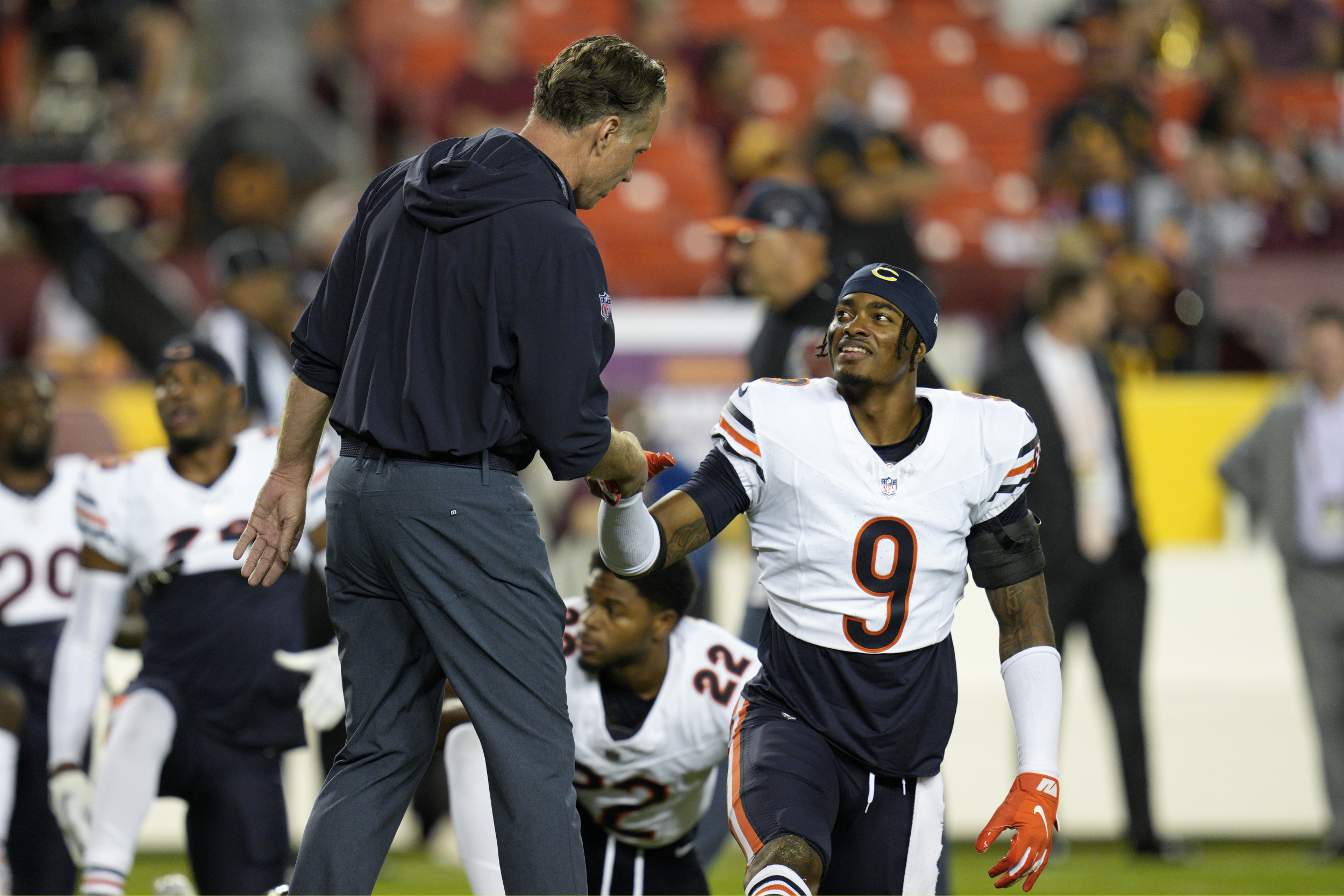Harry Potter star Rupert Grint is facing a $2.3 million tax bill, after his appeal over what he was deemed to owe was dismissed at a tribunal in the U.K. this week.
The British-born actor, 36, was 11 years old when he landed the coveted role of Ron Weasley in the Harry Potter franchise, whose lead stars also included Daniel Radcliffe and Emma Watson. The films were based on books by J.K. Rowling.
With the films becoming huge box office hits as they were released from 2001 onward, Grint was paid not only for his role in them, but was also entitled to further residual payments for TV and DVD sales over the years that followed.
The actor's business affairs were managed by his father, Nigel Grint, from the start of his acting career until the elder Grint's death. A company was set up called Clay 10 Limited, for which the actor was named the sole shareholder and his father was the sole director after it was incorporated in August 2011.

According to Accountancy Daily, it was heard at the actor's First Tier Tribunal that he agreed to provide acting services to Clay 10, with the exception of his work in the U.S. Per the outlet, a signed version of this document was not produced at the recent tribunal. Acting and goodwill attached to Rupert Grint's name and reputation were also transferred to the company.
Through this agreement, a total of £8,586,814.10 ($10,895,808.41) in assets was split into two payments for consideration in the 2011-12 tax year: £4,086,814 ($5,184,940.92) for income from contracts accruing to Grint, and £4,500,000 ($5,709,150.00) for goodwill, records, and rights.
The larger amount of the cash was deemed a capital gain, and was submitted to His Majesty's Revenue and Customs (HMRC) as such, for which he claimed entrepreneurs' relief. He paid capital-gains tax on the gain at a rate of 10 percent.
This makes for a sizable difference in taxes owed, as in the U.K., the top rate of income tax is currently 45 percent, while it drops to a top rate of 24 percent as capital gains tax.
Newsweek has contacted a representative of Rupert Grint via email for comment.
At the time of Grint's payment, the top income tax rate was 50 percent. Selling his rights to his own company meant the larger half of the moneys earned over that period would be considered capital. The tip capital gains tax rate at the time was 28 percent, although a special entrepreneurs' relief clause reduced the rate to 10 percent for the first £10 million ($12,687,000).
However, the payments and calculations from that tax year fell under scrutiny from the HMRC, which opened an inquiry in January 2014. In a July 2019 closure notice amending the tax return, the HMRC maintained that the capital sum should be treated as income.
Olive Marre, a legal representative of Rupert Grint, argued that this sum of money was "not taxable under the provisions because the avoidance or reduction of income tax was not one of the main objects of the transfer of rights and goodwill to Clay 10 so the avoidance test is not met."
However, Judge Harriet Morgan dismissed the case, stating: "With the principles set out in the cases in mind, viewing the closure notice in context, this is not a case where it is difficult to determine where to draw the line as regards the scope of the matter under appeal."
British tax lawyer and investigative journalist Dan Neidle took to X, formerly Twitter, to comment on the case on Friday, stating that Rupert Grint "was 23 at the time [the tax return was filed]. I doubt he understood what was going on, so it would be unfair to blame him for this. It looks like his father was running his finances."
"We need to put blame where it's deserved: a tax system that creates artificial categories of things, and then taxes them differently," he added.
Neidle also shared that the clause under which Rupert Grint saw his case dismissed stems from what is popularly known as the "Beatles Clause," named for the British band. In the 1960s, at the height of their success, the top rate of income tax stood at 95 percent, compared to a top rate of 30 percent on capital gains tax.
The Beatles, Neidle wrote, "set up a company, and sold their music rights to the company. So instead of receiving royalty income (and paying 95% tax) they received a capital sum (and paid 30% tax)."
Neidle said that authorities subsequently "stopped it, with the 'Beatles clause.' This says that, if you try to convert your earnings into capital, it gets taxed as income anyway."
Back in 2016, Rupert Grint lost another tribunal after a judge rejected his appeal against the HMRC blocking his move to change of accounting dates in a bid to avoid the higher 50 percent tax rate that was introduced in 2010-11.
According to the BBC, accountants for the actor had attempted to move eight months' of income into the 2009-10 bracket, when the top tax rate was 40 percent. At the time, the HMRC did not deem that the actor was involved in any form of tax avoidance, as the tax had already been paid.




















 English (US) ·
English (US) ·